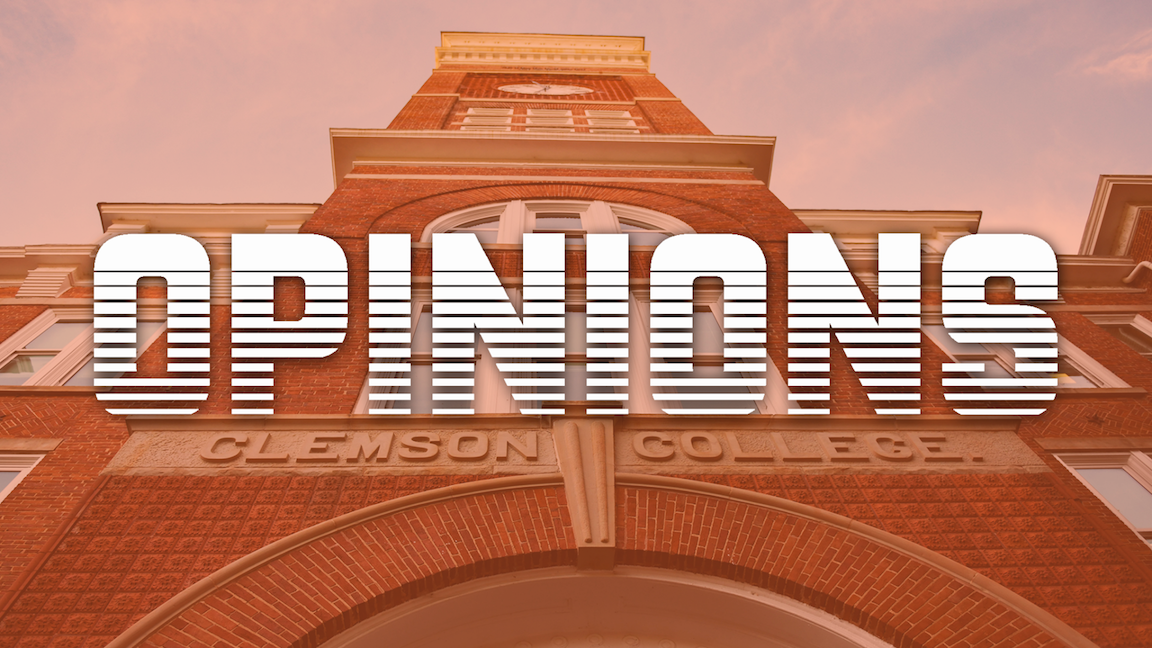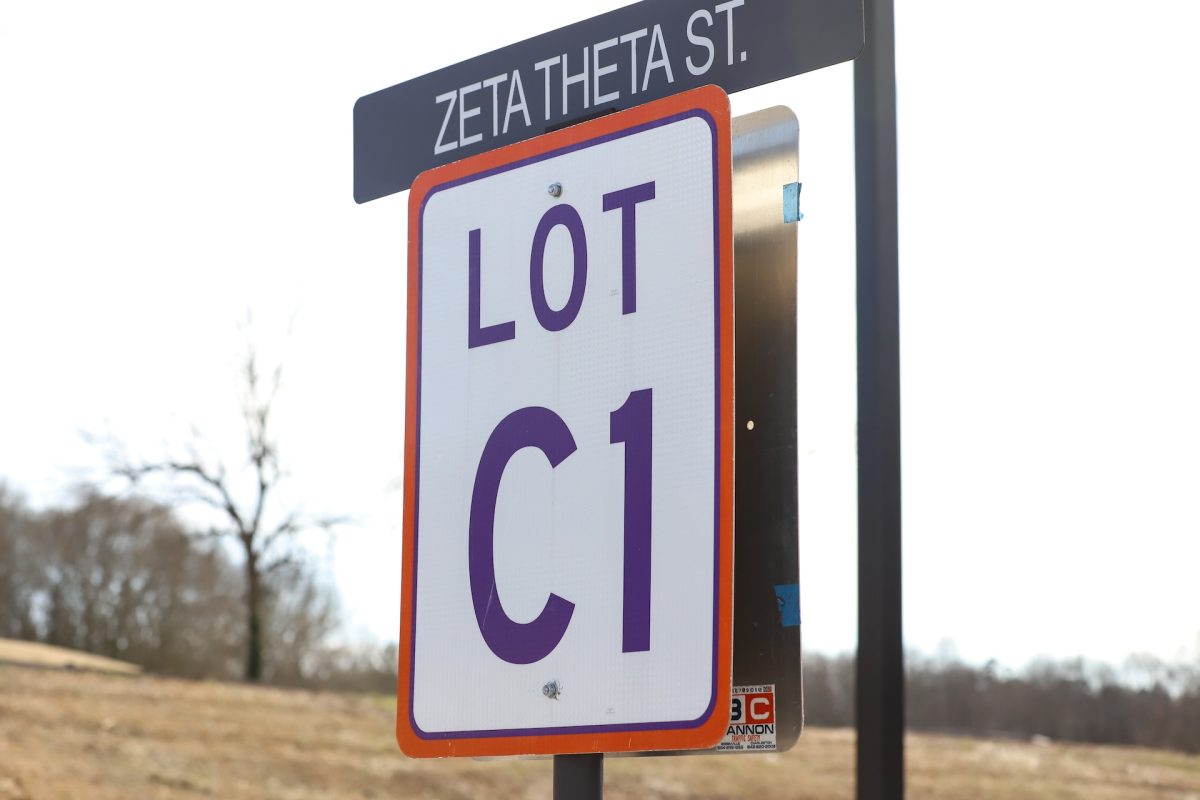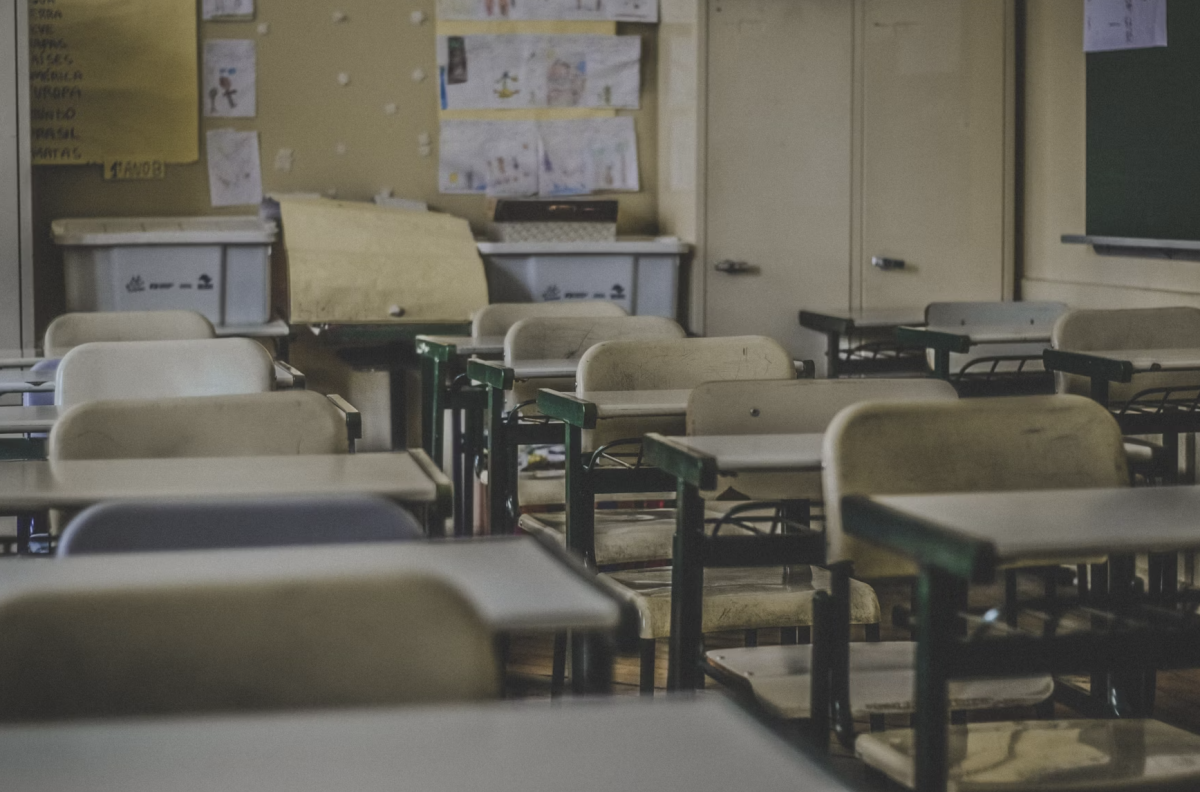On Feb. 3, the first of the Democratic caucuses, which is traditionally in Iowa and was again this year, commenced. The results were surprising to some and brought much needed energy to others. However, these results came with lots of controversy and led to some much-needed scrutiny of the Democratic primary system. The biggest shock to many was not that Joe Biden performed much more poorly than predicted, but that Pete Buttigieg, the current underdog of the Democratic primary, took home the most delegates, with Senator Bernie Sanders in a very close second. As a matter of fact, the votes of this caucus are being so heavily disputed that the Associated Press (AP) stated that it was “unable to determine a clear winner”. This, along with major technical issues and irregularities in voting has raised valid concerns about the objectivity of the Democratic nominee selection process. The first issue lies in Iowa itself, which has only predicted the future nominee correctly seven out of the last 11 election cycles, and it appears that this number might soon be eight. Although Buttigieg is not far behind the major players in the race right now, this strong showing in Iowa seems to be, at least for now, an outlier. The second major issue with this year’s Iowa caucus is in the ability of the people running it. For years there have been concerns about needing a younger, more technologically adept group of people at the helm, and these concerns reared their heads as the organizers of the Iowa caucus fell victim to large scale technical malfunctions. This led to discrepancies in voting, which spawned a call for a recanvass and a vast range of reactions from the people, from conspiracy theories about the rigging of the vote to people simply saying that the incompetence shown amongst the ranked is at this point too egregious to ignore any longer. Andrew Yang, a Democratic presidential nominee, chimed in with his opinion, saying that “It might be helpful to have a president and government that understand technology so this sort of thing doesn’t happen.” No matter the reasons for these problems, it is unobjectionable that there are foundational issues with the way the Democratic nomination process is being conducted, at the very least in Iowa. However, while there were difficulties, and considering that Iowa is typically not very indicative of how the rest of the country will vote, the results left many with hope- hope that the Democratic Party is finally not going to simply elect whoever the next Clinton-esque politician is, but choose someone who has a grasp of what the people actually want, which would be a breath of fresh air in today’s tension-filled, resentful political climate.
Categories:
Opinions: Iowa Caucus: the good and the bad
February 23, 2020
0
Donate to The Tiger
Your donation will support the student journalists of Clemson University. Your contribution will allow us to purchase equipment and cover our annual website hosting costs.
More to Discover









